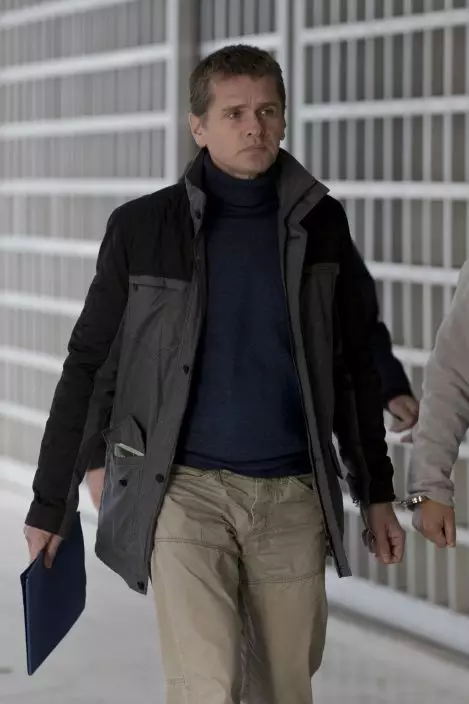A Greek high court on Thursday rejected Russian bitcoin fraud suspect Alexander Vinnik's final appeal against his extradition to France, ending a more than two-year legal tug-of-war between three countries seeking to put him on trial.
Vinnik's Greek lawyer, Zoi Konstandopoulou, said her client was flown to France hours after the Council of State's decision, citing his lawyer in France. She said he had been taken to a hospital as he was on the 35th day of a hunger strike protesting the prospect of his being extradited to France.
Greek authorities were unable to confirm lat Thursday that Vinnik had been sent to France.

In this Wednesday, Dec. 6, 2017 file photo, Russian cybercrime suspect Alexander Vinnik, arrives at Greece's supreme court in Athens. Greece's justice minister has signed an order on Friday, Dec. 20, 2019, for bitcoin fraud suspect Alexander Vinnik to be extradited to France - concluding an international legal battle surrounding the Russian former cryptocurrency trading platform operator. (AP PhotoPetros Giannakouris, file)
Earlier, the Council of State upheld last month's decision by Justice Minister Konstantinos Tsiaras that Vinnik should be extradited first to France, then to the U.S. and finally to his native Russia.
Vinnik, 39, was arrested in the summer of 2017 while on a family holiday in northern Greece, at the request of U.S. authorities. They accused him of laundering billions of dollars through BTC-e, one of the world’s largest digital currency exchanges, which he allegedly operated.
He denies wrongdoing and had asked to be extradited to Russia, where he faces lesser charges. Greek court officials have said France wants to put him on trial for alleged cybercrime, money laundering, membership in a criminal organization and extortion.
Vinnik has been on a hunger strike since Tsiaras' decision just over a month ago — his second hunger strike since he was first ordered jailed in Greece pending conclusion of the exhausting and legally complex triple extradition case.
Russia's foreign ministry and embassy in Athens strongly protested the extradition order to France. The Russian bid to put him on trial came shortly after Vinnik's arrest on the U.S. request, while France made its own request later.
Greek courts had approved all three requests, and the final decision was taken by the justice minister.
The Council of State ruled Thursday that the minister had full authority to decide on the order of the extraditions when dealing with conflicting requests. It also noted that were Vinnik to be extradited first to Russia, Russian law would prevent his subsequent extradition to any other country.
Vinnik says says he acted as a technical consultant to the BTC-e platform and had no knowledge of any illegal activity.


